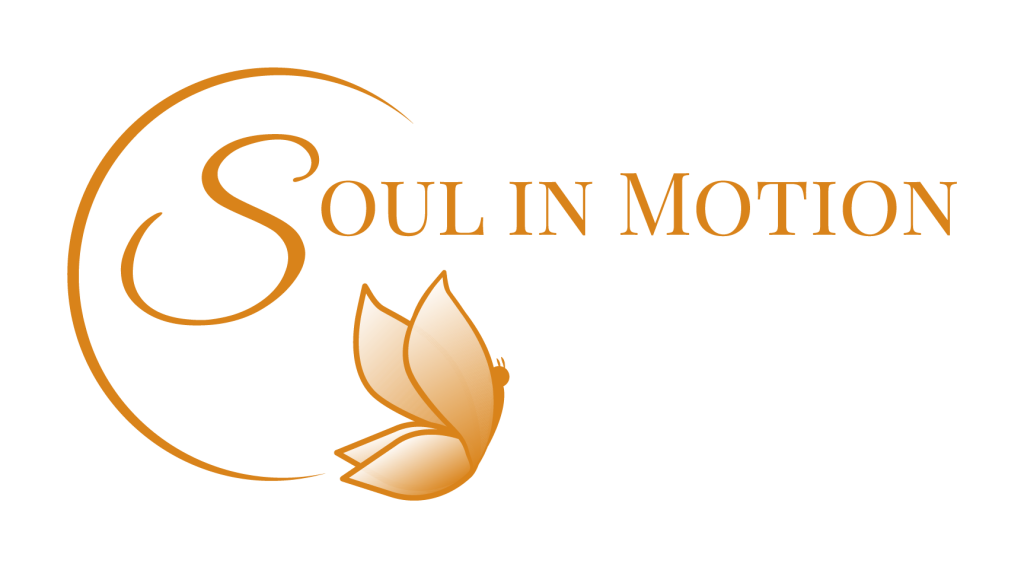
When Hope Feels Heavy: The Exhaustion of Trying Again
There’s a kind of hope that denies, suppresses, and belittles. And then there’s the hope that grows slowly, tenderly, from the cracks of your real life. This piece is an invitation to let down the first—and discover the second.








